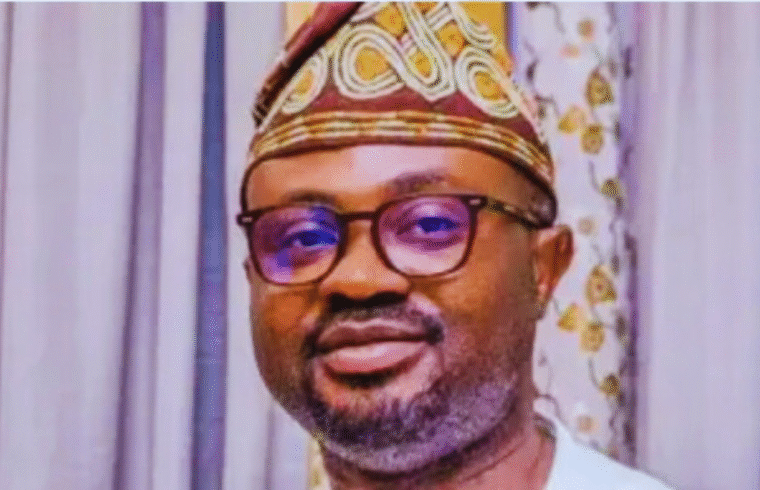The Federal Government has unveiled Nigeria’s first Centralised Passport Personalisation Centre in Abuja, a facility designed to eliminate backlogs and ensure faster passport delivery nationwide.
According to Gossip News Now, Minister of Interior, Hon. Olubunmi Tunji-Ojo, who inspected the newly completed centre on Thursday, said the project marks a historic milestone in the 62-year history of the Nigeria Immigration Service (NIS).
According to him, the central facility will guarantee delivery of passports within one week—and in some cases, within 24 hours after approval.
“This centre means the era of passport backlog is over. With the new system, once an application is approved, Nigerians can get their passports within 24 hours. It is about efficiency, productivity, and bringing service closer to the people,” the Minister stated.
End of Decentralised Passport Production
Previously, Nigeria operated over 90 personalisation centres worldwide, a structure Tunji-Ojo described as inefficient and difficult to manage. By contrast, countries like the United States, United Kingdom, France, and India run one or two centralised facilities.













